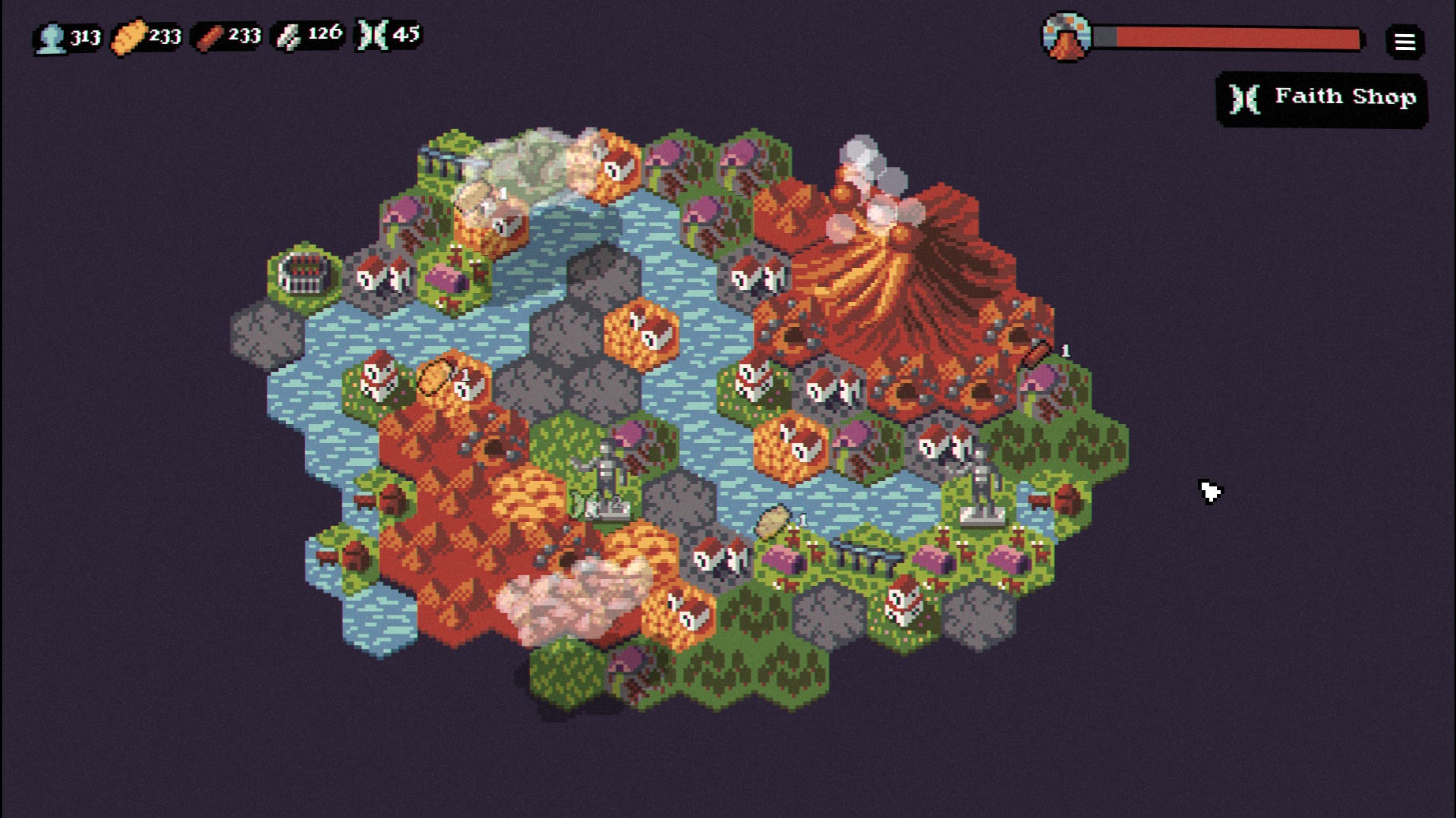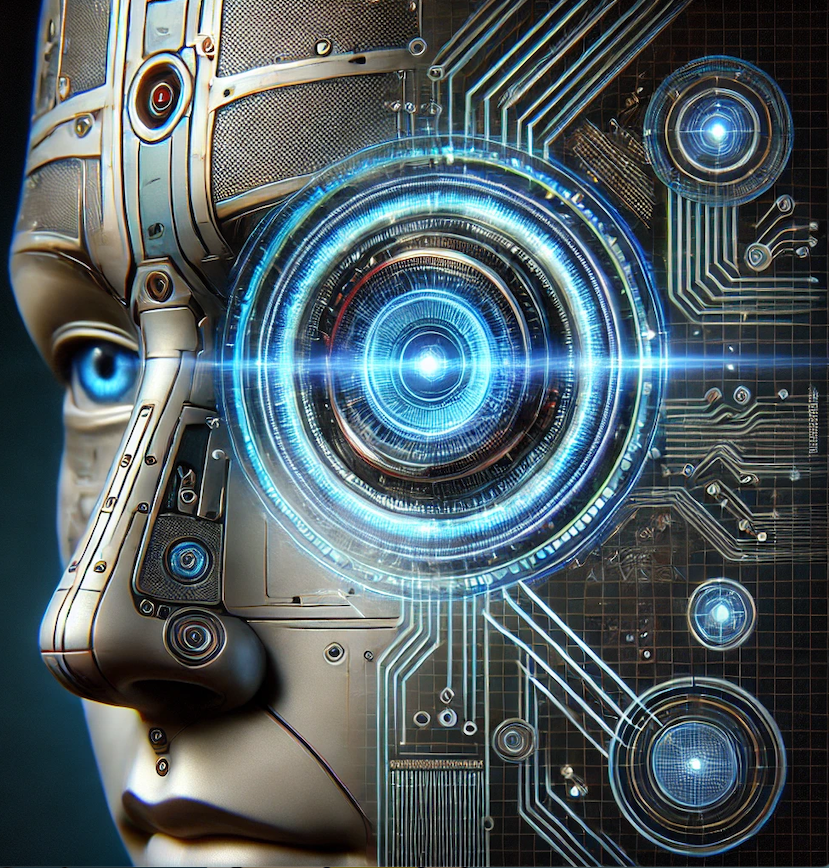How I Would Learn To Code (If I Could Start Over)
How to learn to code in 2025 The post How I Would Learn To Code (If I Could Start Over) appeared first on Towards Data Science.

So, coding is a very valuable skill that will earn you more money, not to mention it’s really fun.
I have been coding professionally now for 4 years, working as a data scientist and machine learning engineer and in this post, I will explain how I would learn to code if I had to do it all over again.
My journey
I still remember the time I wrote my first bit of code.
It was 9am on the first day of my physics undergrad, and we were in the computer lab.
The professor explained that computation is an integral part of modern physics as it allows us to run large-scale simulations of everything from subatomic particle collisions to the movement of galaxies.
It sounded amazing.
And the way we started this process was by going through a textbook to learn Fortran.
Yes, you heard that right.
My first programming language was Fortran, specifically Fortran 90.
I learned DO loops before FOR loops. I am definitely a rarity in this case.
In that first lab session, I remember writing “Hello World” as is the usual rite of passage and thinking, “Big woop.”
This is how you write “Hello World” in Fortran in case you are interested.
program hello
print *, 'Hello World!'
end program helloI actually really struggled to code in Fortran and didn’t do that well on tests we had, which put me off coding.
I still have some old coding projects in Fortran on my GitHub that you can check out.
Looking back, the learning curve to coding is quite steep, but it really does compound, and eventually, it will just click.
I didn’t realise this at the time and actively avoided programming modules in my physics degree, which I regret in hindsight as my progress would have been much quicker.
During my third year, I had to do a research placement as part of my master’s. The company I chose to work for/with used a graphical programming language called LabVIEW to run and manage their experiments.
LabVIEW is based on something called “G” and taught me to think of programming differently than script-based.
However, I haven’t used it since and probably never will, but it was cool to learn then.
I did enjoy the research year somewhat, but the pace at which research moves, at least in physics, is painfully slow. Nothing like the “heyday” from the early 20th century I envisioned.
One day after work a video was recommended to me on my YouTube home page.
For those of you unaware, this was a documentary about DeepMind’s AI AlphaGo that beat the best GO player in the world. Most people thought that an AI could never be good at GO.
From the video, I started to understand how AI worked and learn about neural networks, reinforcement learning, and deep learning.
I found it all so interesting, similar to physics research in the early 20th century.
Ultimately, this is when I started studying for a career in Data Science and machine learning, where I needed to teach myself Python and SQL.
This is where I so-called “fell in love” with coding.
I saw its real potential in actually solving problems, but the main thing was that I had a motivated reason to learn. I was studying to break into a career I wanted to be in, which really drove me.
I then became a data scientist for three years and am now a Machine Learning engineer. During this time, I worked extensively with Python and SQL.
Until a few months ago, those were the only programming languages I knew. I did learn other tools, such as bash/z-shell, AWS, docker, data bricks, snowflake, etc. but not any other “proper” programming languages.
In my spare time, I dabbled a bit with C a couple of years ago, but I have forgotten virtually all of it now. I have some basic scripts on my GitHub if you are interested.
However, in my new role that I started a couple of months ago, I will be using Rust and GO, which I am very much looking forward to learning.
If you are interested in my entire journey to becoming a data scientist and machine learning engineer, you can read about it below:
Choose a language
I always recommend starting with a single language.
According to TestGorilla, there are over 8,000 programming languages, so how do you pick one?
Well, I would argue that many of these are useless for most jobs and have probably been developed as pet projects or for really niche cases.
You could choose your first language based on popularity. The Stack Overflow 2024 survey has great information on this. The most popular languages are JavaScript, Python, SQL, and Java.
However, the way I recommend you choose your first language should be based on what you want to do or work as.
- Front-end web — JavaScript, HTML, CSS
- Back-end web — Java, C#, Python, PHP or GO
- iOS/macOS apps — Swift
- Andriod apps — Kotlin or Java
- Games — C++ or C
- Embedded Systems — C or C++
- Data science/machine learning / AI — Python and SQL
As I wanted to work in the AI/ML space, I focused my energy mainly on Python and some on SQL. It was probably a 90% / 10% split as SQL is smaller and easier to learn.
To this day, I still only know Python and SQL to a “professional” standard, but that’s fine, as pretty much the whole machine-learning community requires these languages.
This shows that you don’t need to know many languages; I have progressed quite far in my career, only knowing two to a significant depth. Of course, it would vary by sector, but the main point still stands.
So, pick a field you want to enter and choose the most in-demand and relevant language in that field.
Learn the bare minimum
The biggest mistake I see beginners make is getting stuck in “tutorial hell.”
This is where you take course after course but never branch out on your own.
I recommend taking a maximum of two courses on a language — literally any intro course would do — and then starting to build immediately.
And I literally mean, build your own projects and experience the struggle because that’s where learning is done.
You won’t know how to write functions until you do it yourself, you won’t know how to create classes until you do it yourself, and you literally won’t understand loops until you implement them yourself.
So, learn the bare minimum and immediately start experimenting; I promise it will at least 2x your learning curve.
You probably have heard this advice a lot, but in reality it is that simple.
I always say that most things in life are simple but hard to do, especially in programming.
Avoid trends
When I say avoid trends, I don’t mean not to focus on areas that are doing well or in demand in the market.
What I am saying is that when you pick a certain language or specialism, stick with it.
Programming languages all share similar concepts and patterns, so when you learn one, you indirectly improve your ability to pick up another later.
But you still should focus on one language for at least a few months.
Don’t develop “shiny object syndrome” and chase the latest technologies; it’s a game that you will unfortunately lose.
There have been so many “distracting” technologies, such as blockchain, Web3, AI, the list goes on.
Instead, focus on the fundamentals:
- Data types
- Design patterns
- Object-oriented programming
- Data structures and algorithms
- Problem-solving skills
These topics transcend individual programming languages and are much better to master than the latest Javascript framework!
It’s much better to have a strong understanding of one area than try to learn everything. Not only is this more manageable, but it is also better for your long-term career.
As I said earlier, I have progressed quite well in my career by only knowing Python and SQL, as I learned the required technologies for the field and didn’t get distracted.
I can’t stress how much leverage you will have in your career if you document your learning publicly.
Document your learning
I don’t know why more people don’t do this. Sharing what I have learned online has been the biggest game changer for my career.
Literally committing your code on GitHub is enough, but I really recommend posting on LinkedIn or X, and ideally, you should create blog posts to help you cement your understanding and show off you knowledge to employers.
When I interview candidates, if they have some sort of online presence showing their learnings, that’s immediately a tick in my box and an extra edge over other applicants.
It shows enthusiasm and passion, not to mention increasing your surface area of serendipity.
I know many people are scared to do this, but you are suffering from the spotlight effect. Wikipedia defines this as:
The spotlight effect is the psychological phenomenon by which people tend to believe they are being noticed more than they really are.
No one literally cares if you post online or think about you as much as 1% as you think.
So, start posting.
What about AI?
I could spend hours discussing why AI is not an immediate risk for anyone who wants to work in the coding profession.
You should embrace AI as part of your toolkit, but that’s as far as it will go, and it will definitely not replace programmers in 5 years.
Unless an AGI breakthrough suddenly occurs in the next decade, which is highly unlikely.
I personally doubt the answer to AGI is the cross-entropy loss function, which is what is used in most LLMs nowadays.
It has been shown time and time again that these AI models lack strong mathematical reasoning abilities, which is one of the most fundamental skills to being a good coder.
Even the so-called “software engineer killer” Devin is not as good as the creators initially marketed it.
Most companies are simply trying to boost their investment by hyping AI, and their results are often over-exaggerated with controversial benchmark testing.
When I was building a website, ChatGPT even struggled with simple HTML and CSS, which you can argue is its bread and butter!
Overall, don’t worry about AI if you want to work as a coder; there is much, much bigger fish to fry before we cross that bridge!
NeetCode has done a great video explaining how current AI is incapable of replacing programmers.
Another thing!
Join my free newsletter, Dishing the Data, where I share weekly tips, insights, and advice from my experience as a practicing data scientist. Plus, as a subscriber, you’ll get my FREE Data Science Resume Template!





















































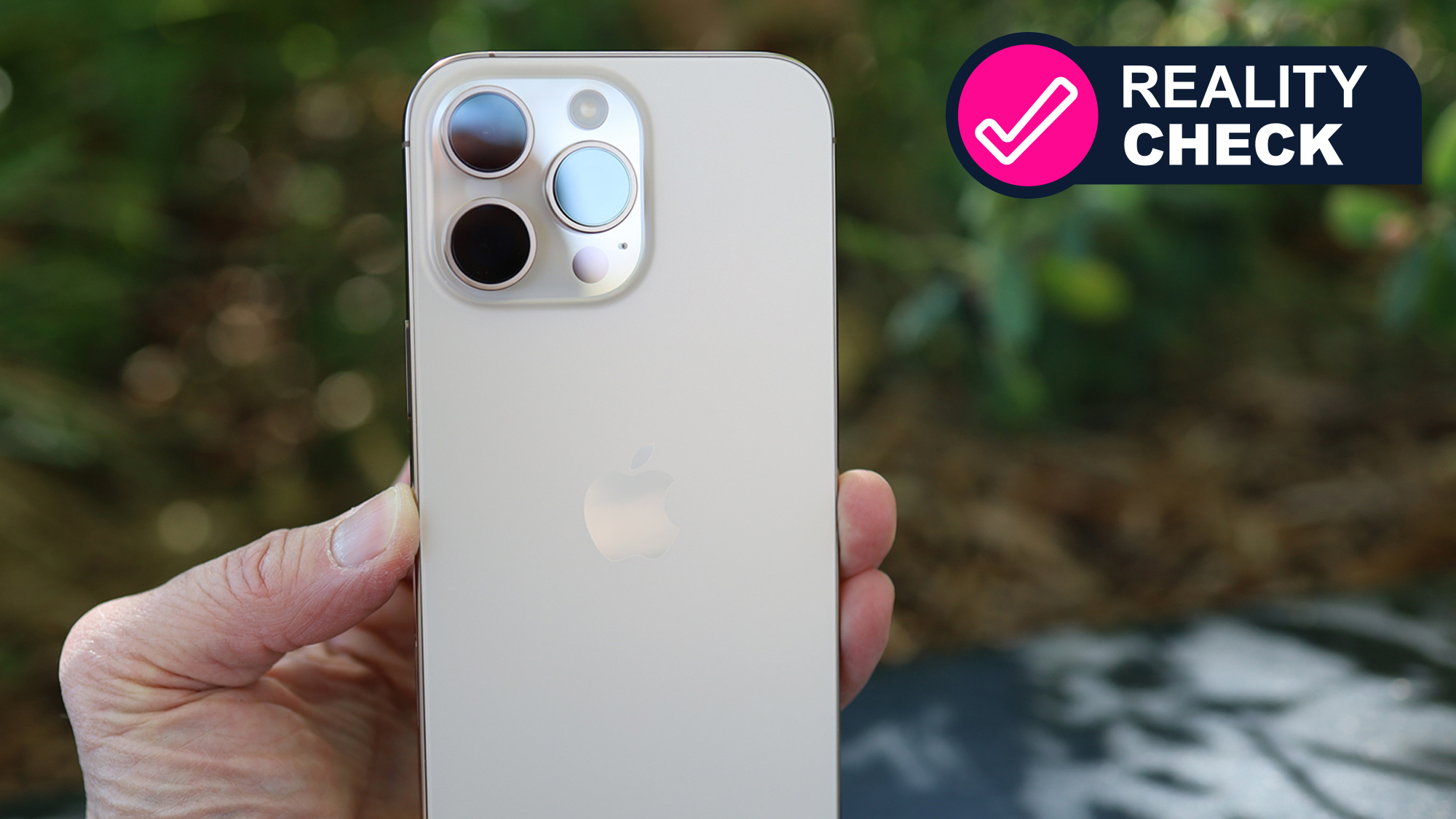
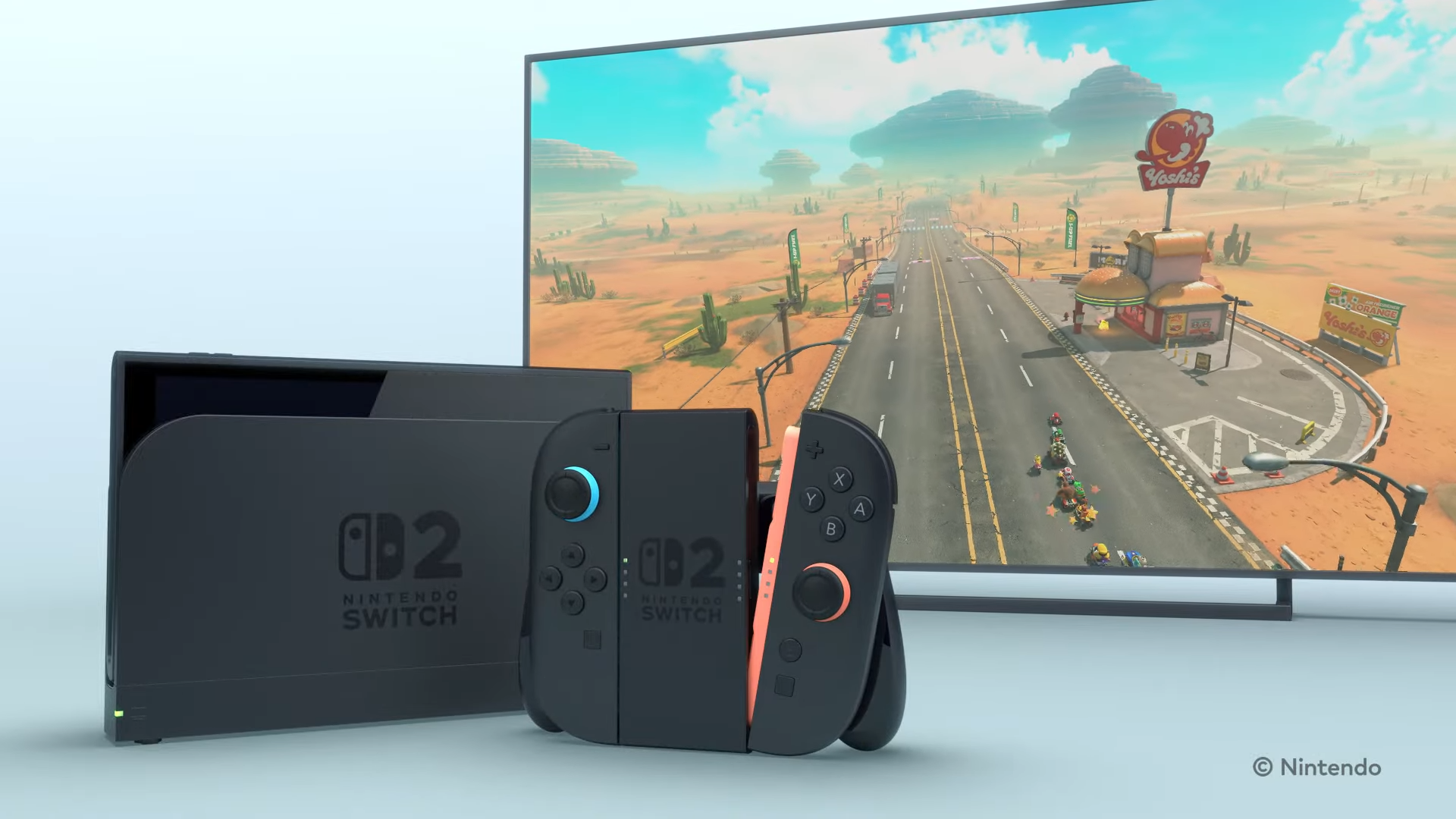
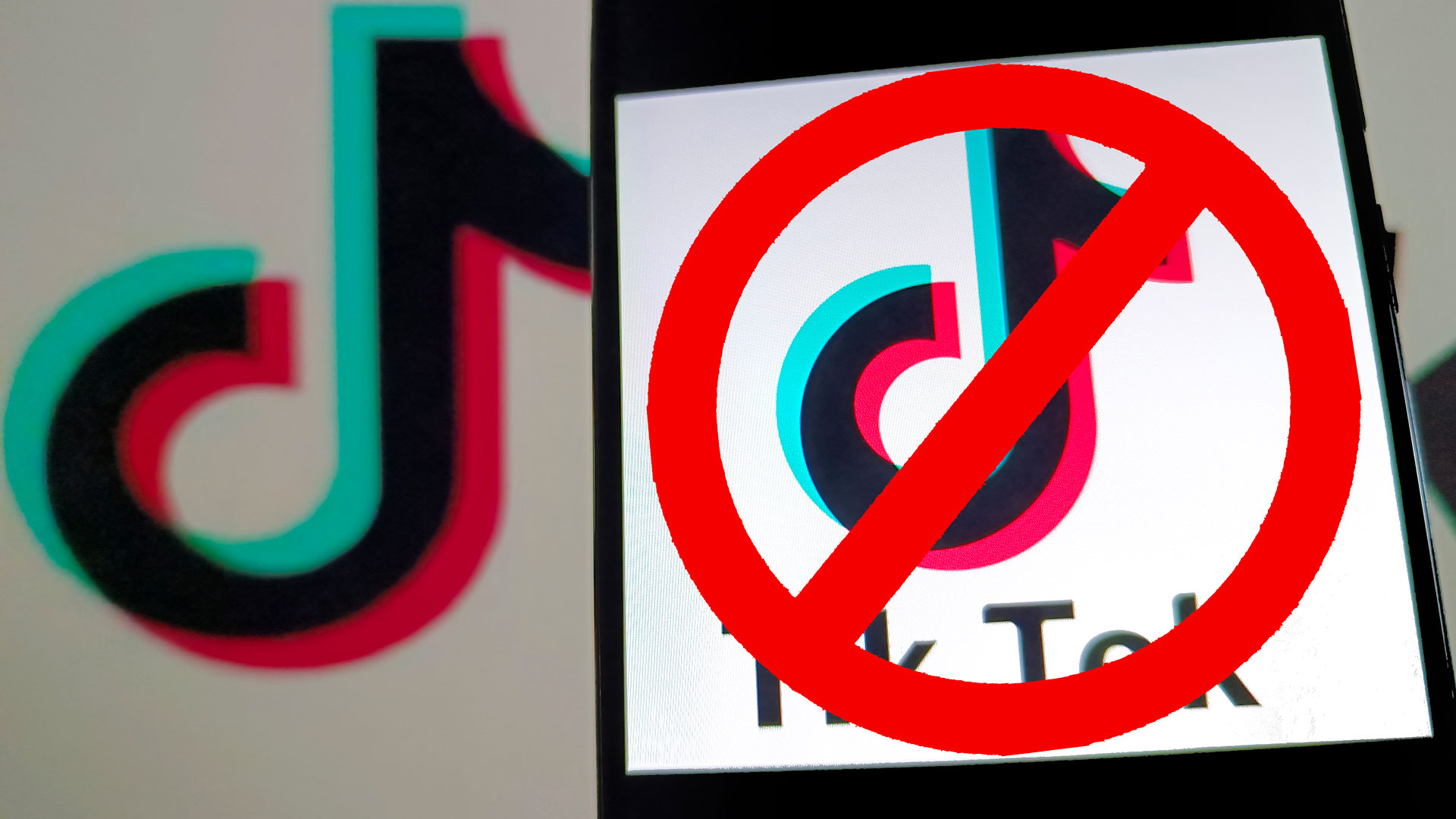
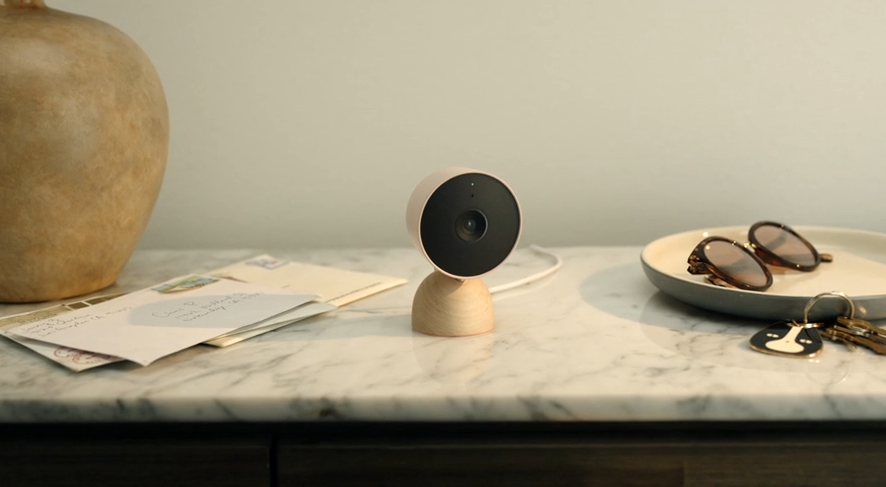

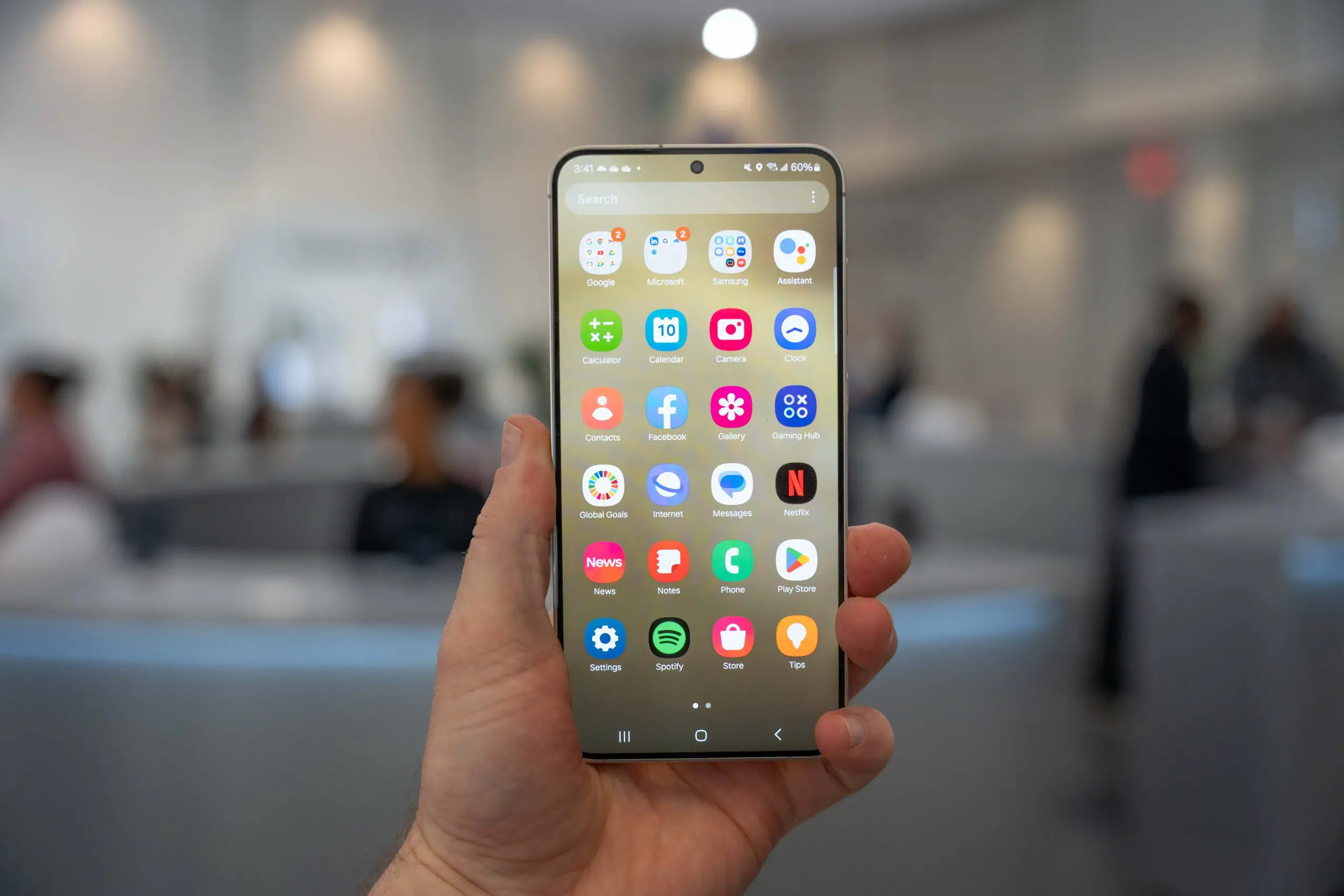









![Rapidus in Talks With Apple as It Accelerates Toward 2nm Chip Production [Report]](https://www.iclarified.com/images/news/96937/96937/96937-640.jpg)





















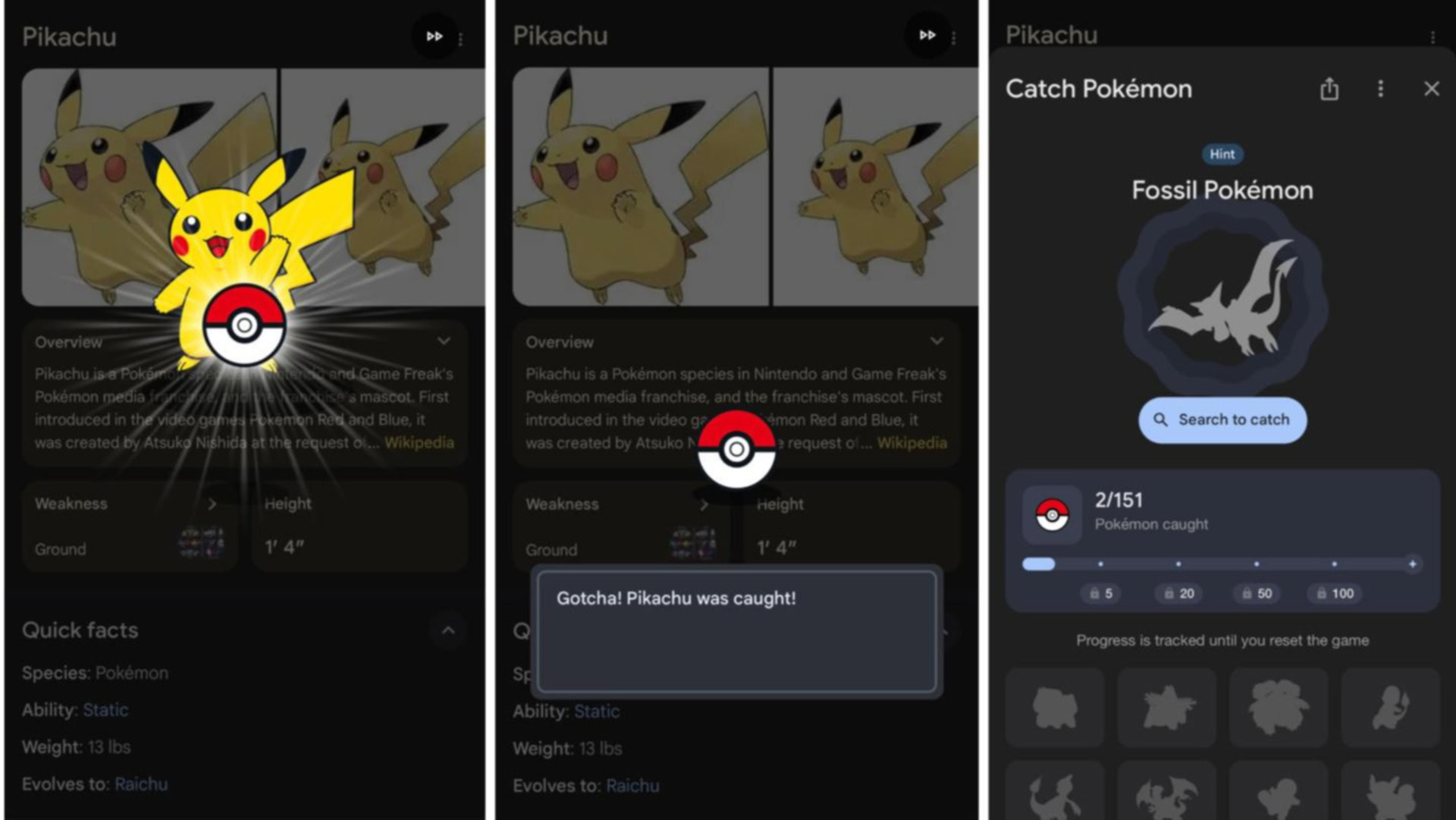

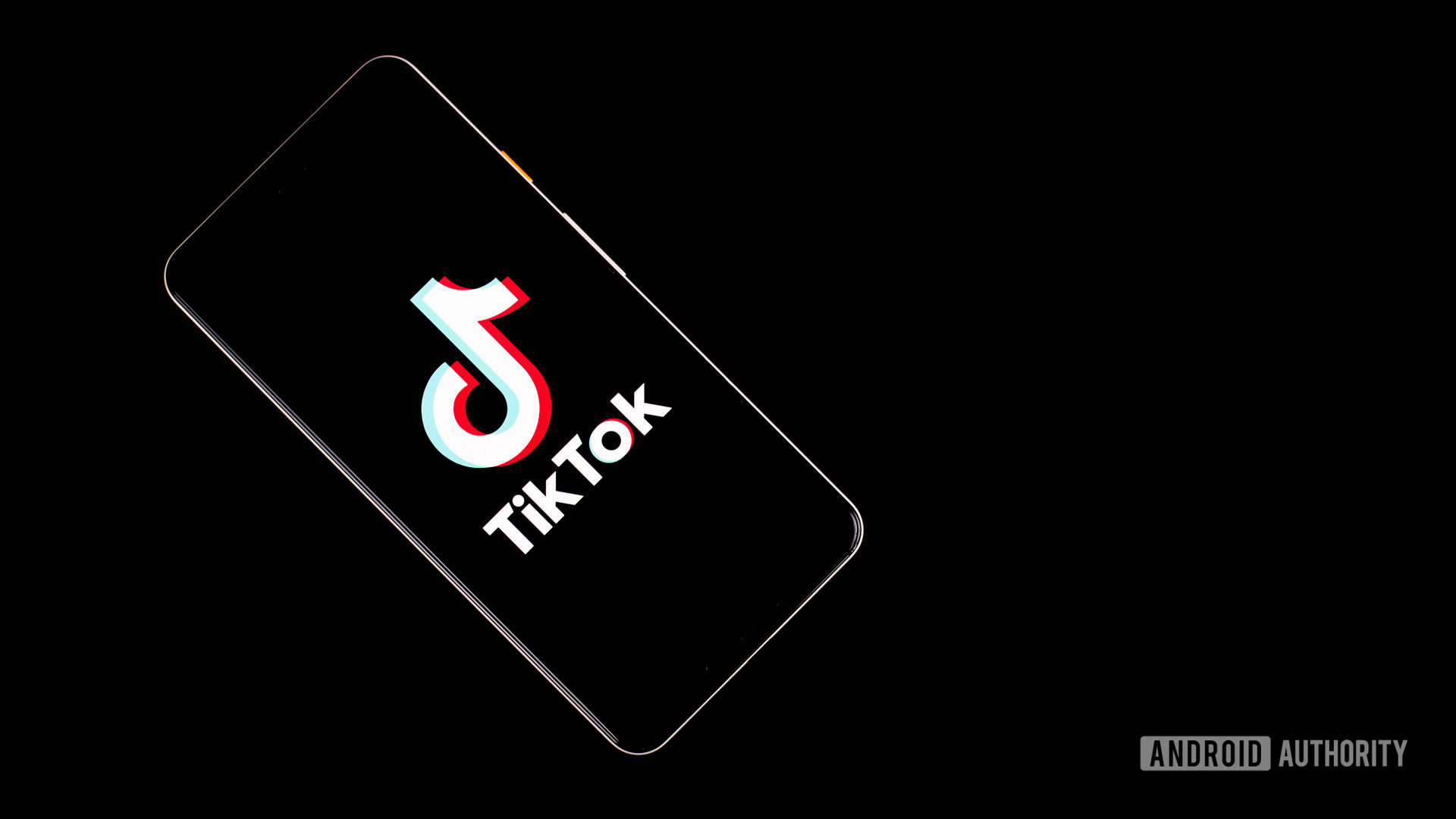



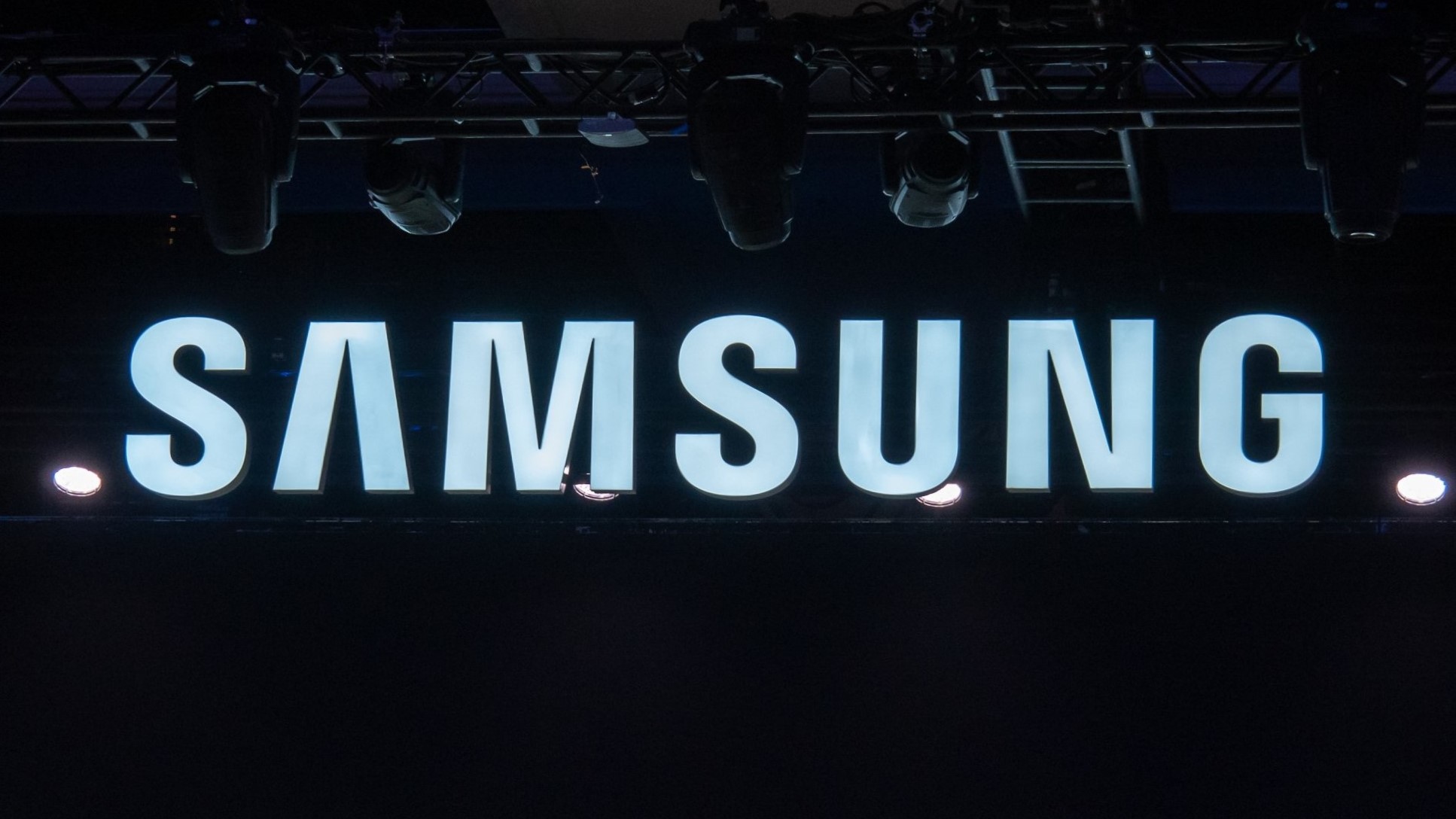







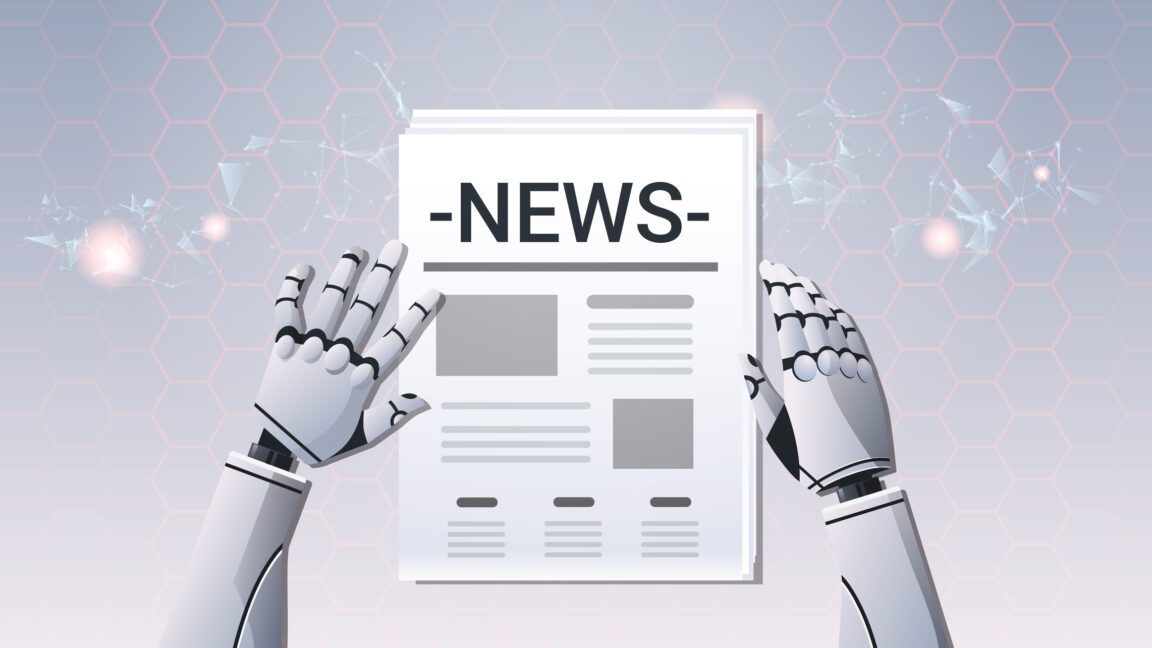

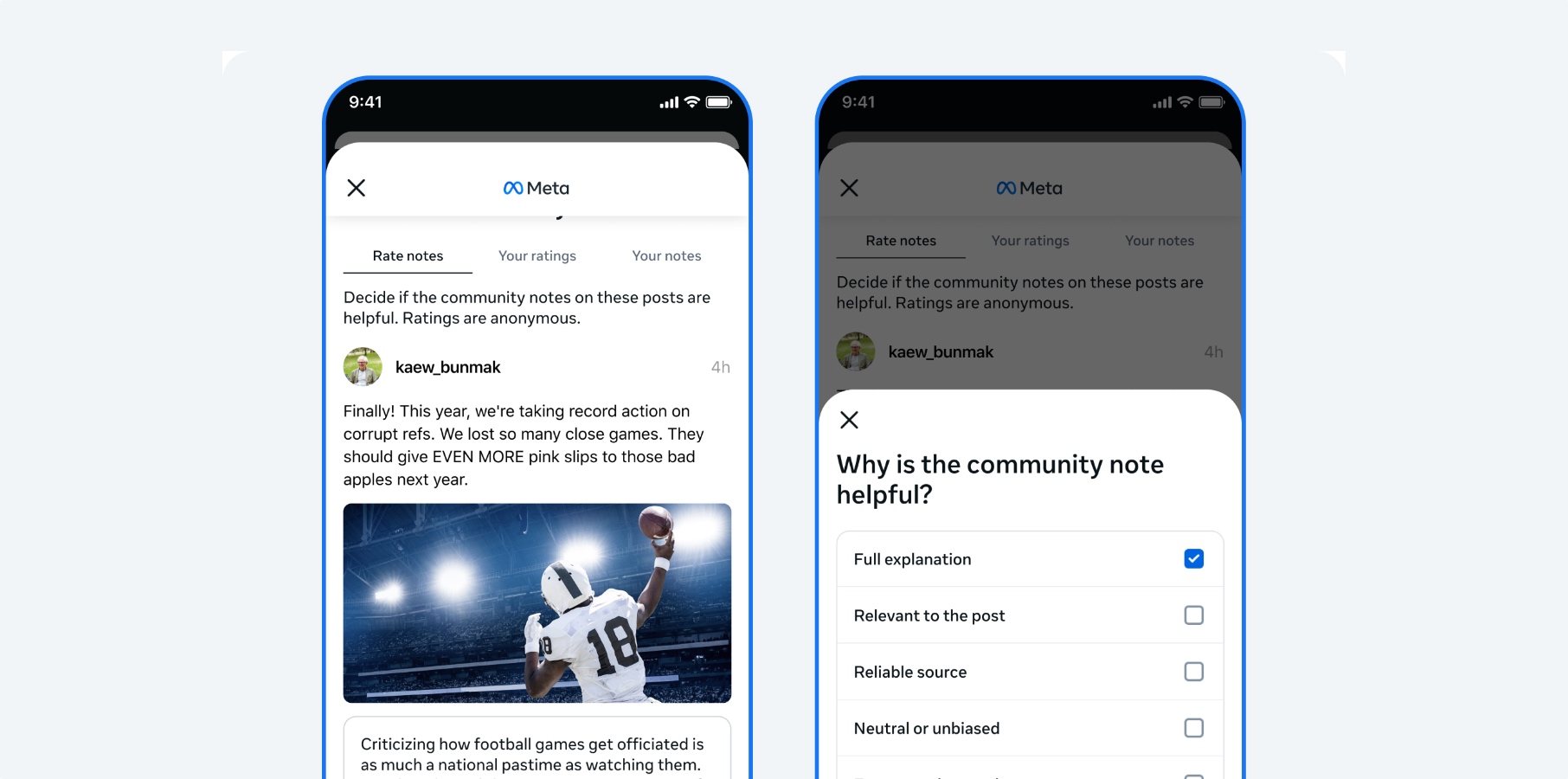
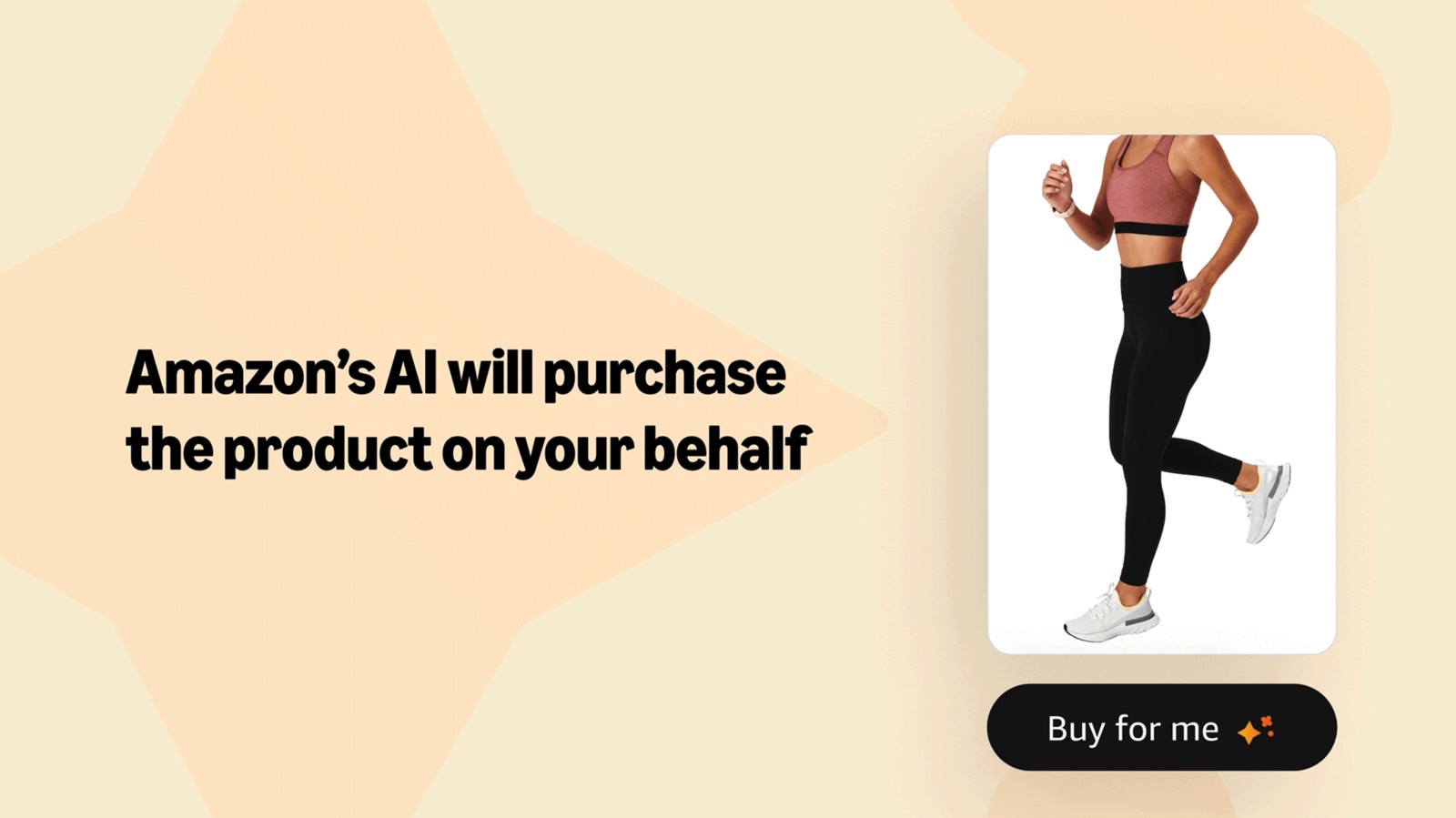

















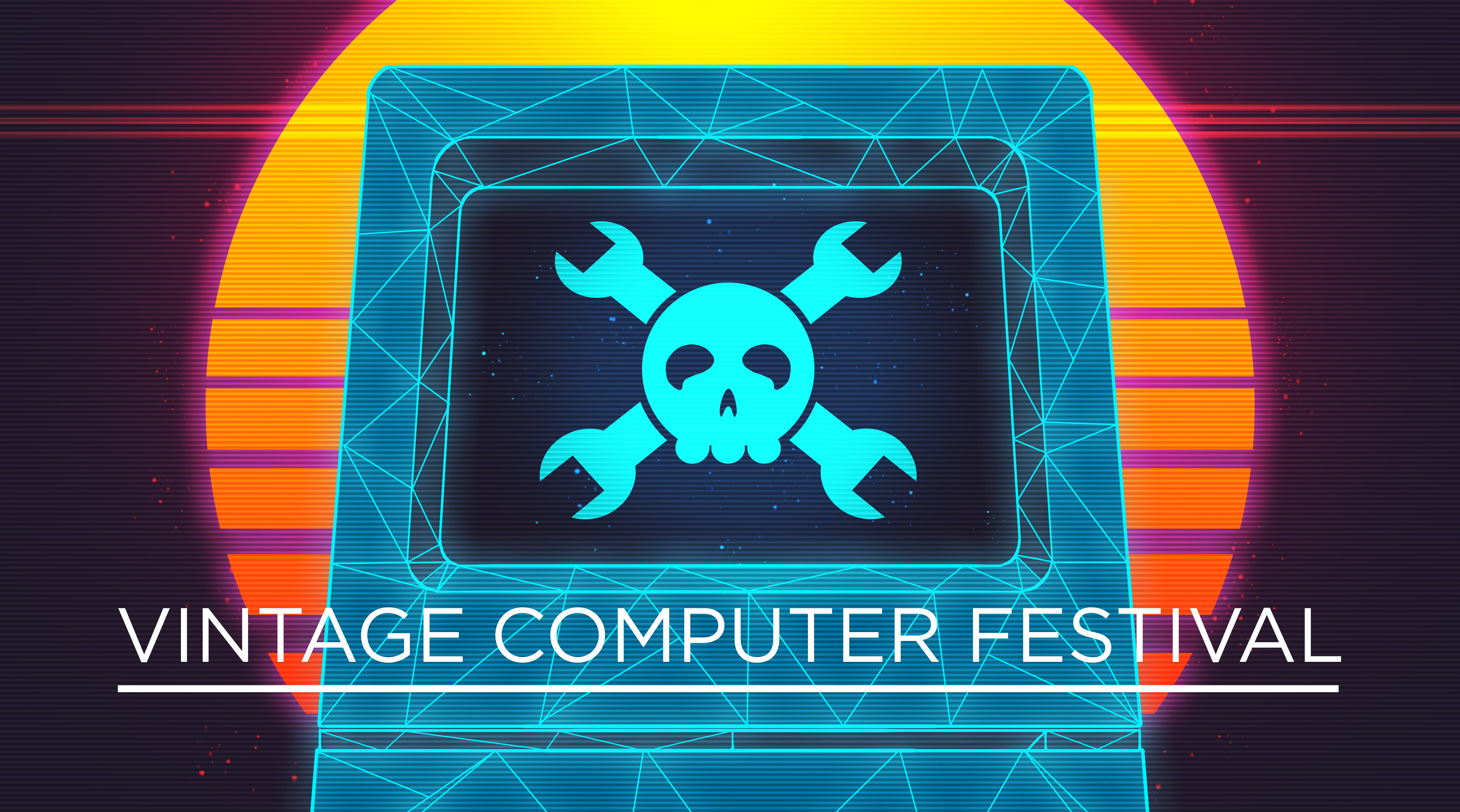
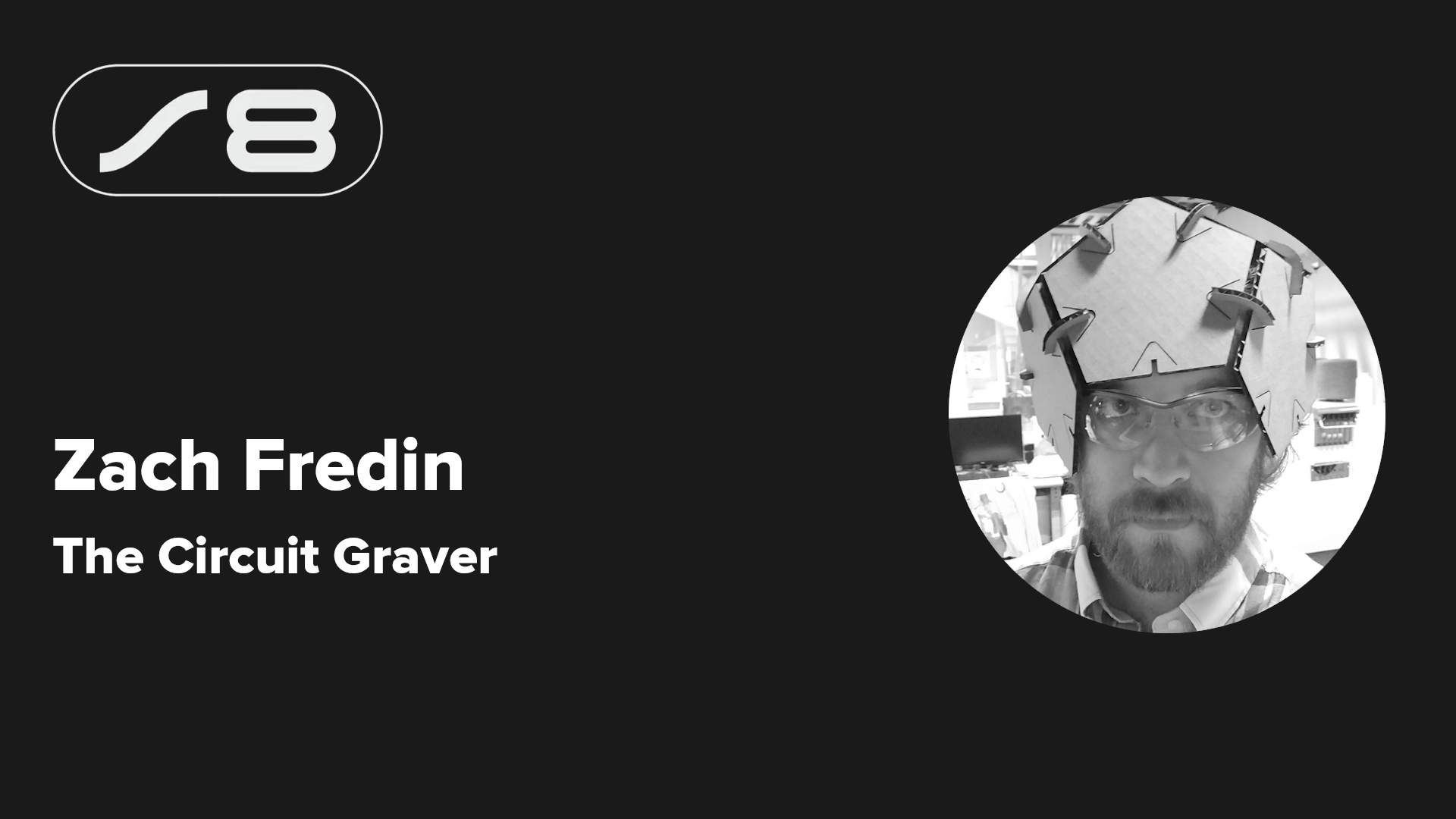

















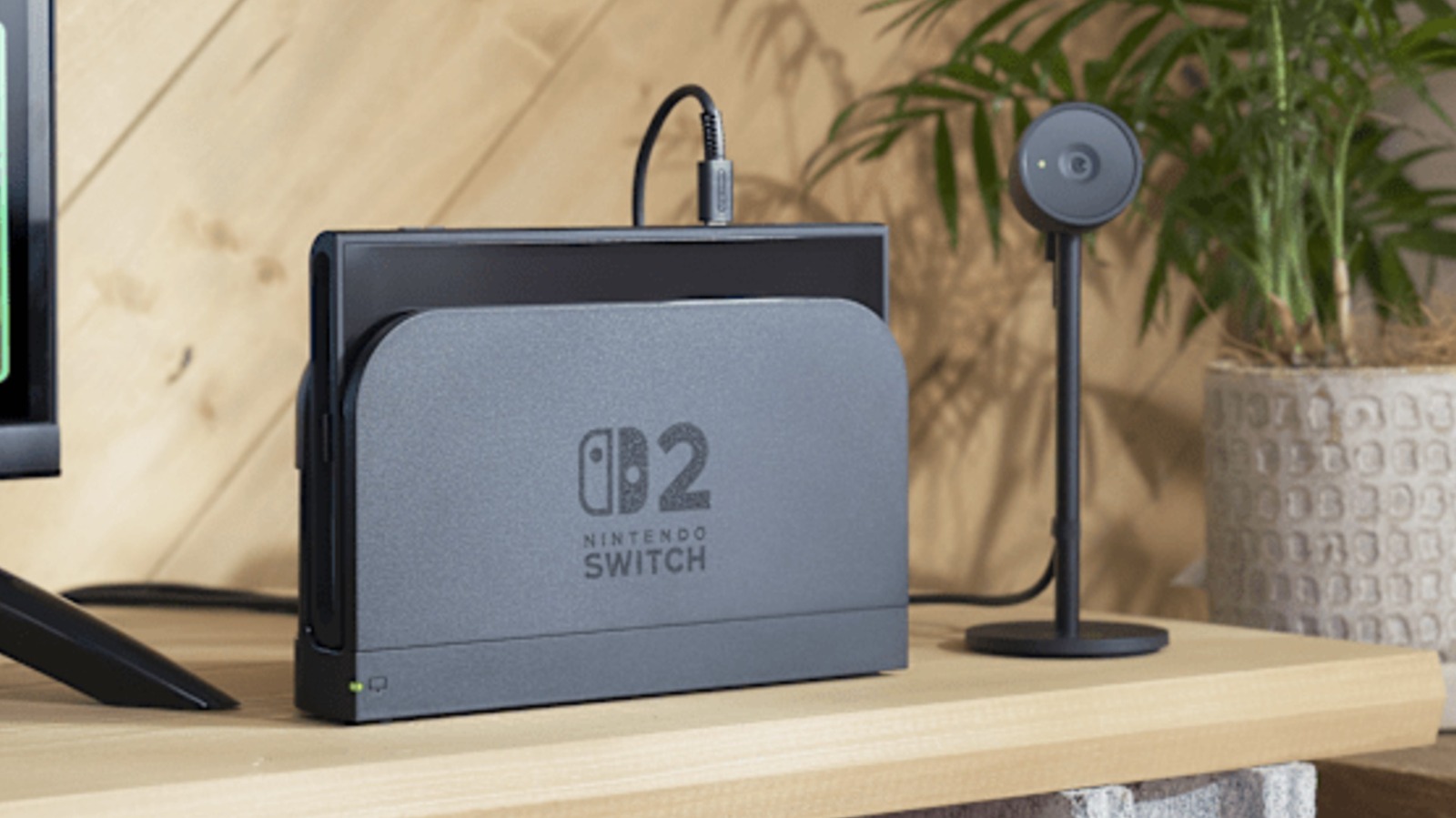
































.webp?#)
_Christophe_Coat_Alamy.jpg?#)









































































![[The AI Show Episode 142]: ChatGPT’s New Image Generator, Studio Ghibli Craze and Backlash, Gemini 2.5, OpenAI Academy, 4o Updates, Vibe Marketing & xAI Acquires X](https://www.marketingaiinstitute.com/hubfs/ep%20142%20cover.png)























































































![From drop-out to software architect with Jason Lengstorf [Podcast #167]](https://cdn.hashnode.com/res/hashnode/image/upload/v1743796461357/f3d19cd7-e6f5-4d7c-8bfc-eb974bc8da68.png?#)

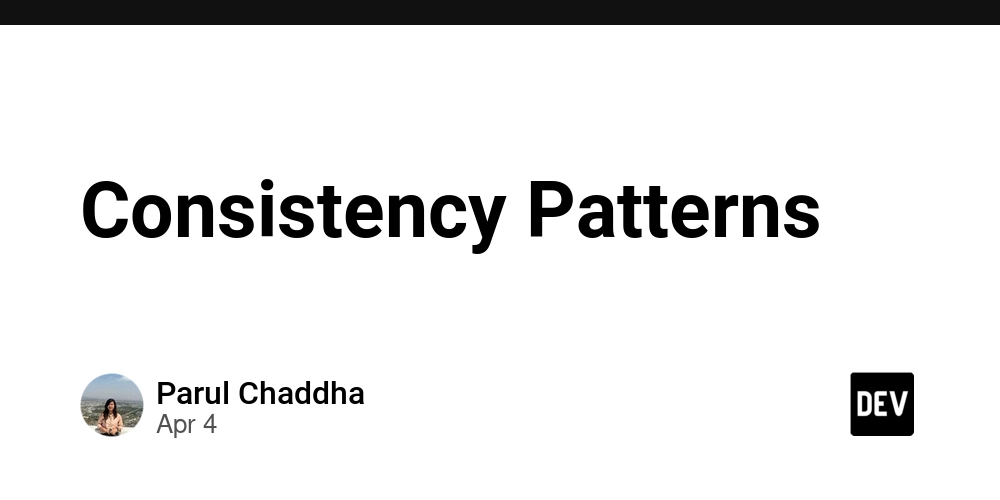

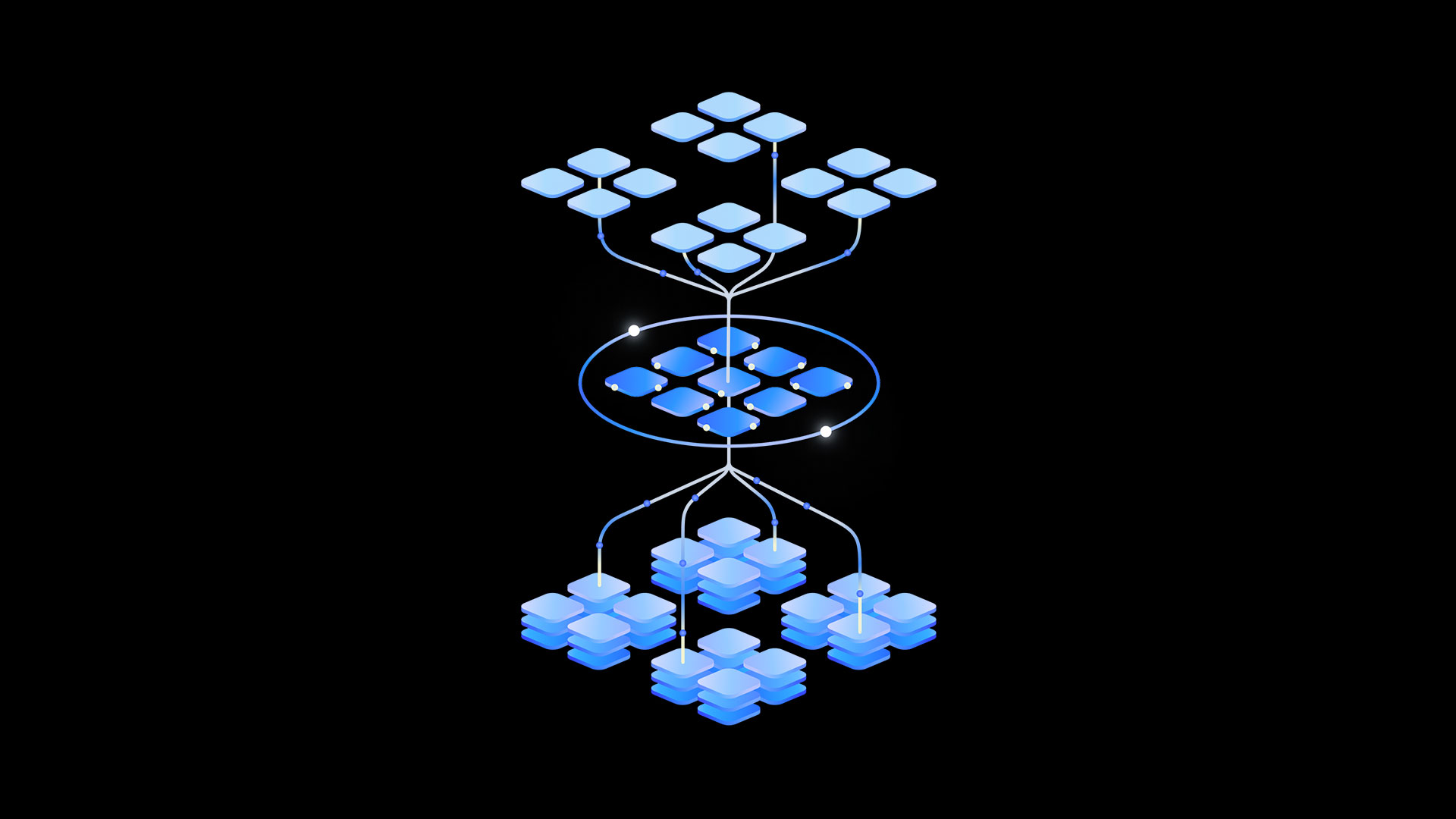





































































-Nintendo-Switch-2-–-Overview-trailer-00-00-10.png?width=1920&height=1920&fit=bounds&quality=80&format=jpg&auto=webp#)



















































